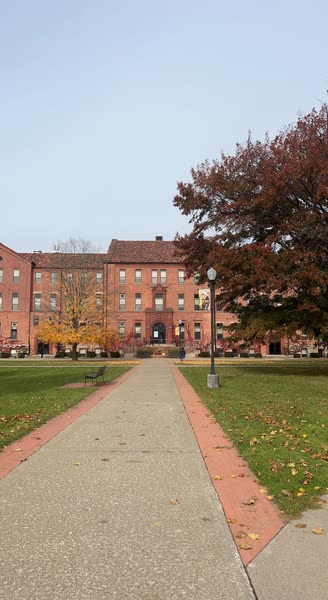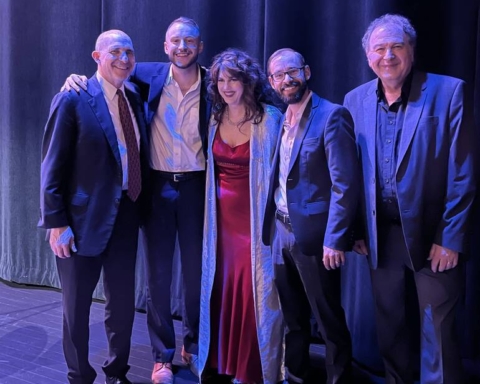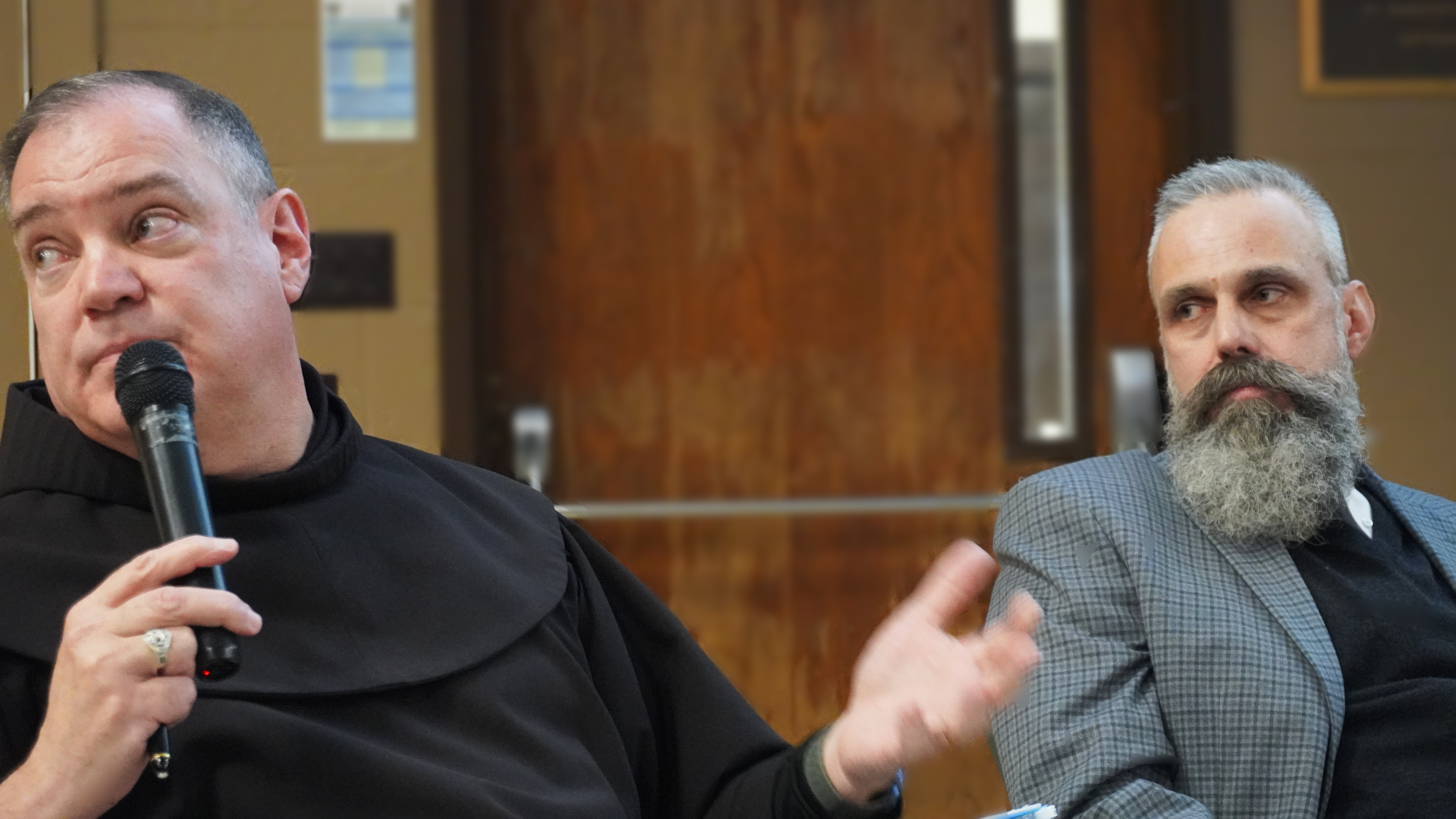De La Roche Hall
Morgan Kilger/The Bona Venture
BY: ELIZABETH KAMROWSKI, NEWS ASSIGNMENT EDITOR
Faculty and students at St. Bonaventure University recognize the benefits of majors with subjects students tend to shy away from.
Spanish and theology are two majors at Bonaventure that have significantly low enrollment. In the last five years, two students graduated with a Spanish degree and three students graduated with a theology degree, according to the 2023-2024 St. Bonaventure University Factbook.
Leigh Simone, the chair of the World Languages and Cultural Studies Department, said that Bonaventure offers language classes as a part of its liberal arts education.
“The university has the [Spanish] major because it believes that the ability to know a language and understand a culture other than one’s own is a foundation of a liberal arts education, the bedrock upon which the university is founded,” said Simone.
Completion of a 202-level language course — or an equal alternative — is required throughout most of the schools at Bonaventure.
“The university, through its various schools, requires students to take a language up to the intermediate level in most cases, and supports the idea that majoring in a language is a worthy undertaking,” said Simone.
Ana Beyth, a freshman Spanish major, said she has always had a love for language and culture.
“I feel that having a background in foreign language will benefit me in the future because many companies and employers are looking for someone to communicate with people,” said Beyth.
According to Simone, Bonaventure recognizes the benefits of a language major.
“The university also realizes that a language major enhances and increases a student’s ability to be successful in their future careers,” said Simone. “An ability to communicate in another language, to have traveled abroad and experienced the lives of people other than ourselves is a distinction in any job market.”
Even though Spanish does not have a high number of students in the major, Simone acknowledges a significant number of minors.
“Although currently Spanish, as a major, may not have as many majors [people] as, say, biology, it boasts a significant number of minors [more than 25],” said Simone.
Fr. Kyle Haden is the chair of the department of Theology and Franciscian Studies. Haden said that majoring in theology could lead students to work in ministry.
“One purpose [of a theology degree] is to go on and work in the church and have a background in ministry,” said Haden.
Haden said that there are reasons behind students not choosing a theology major.
“There are not a lot of students considering [a theology degree],” said Haden. “Usually it has to come down to economics. Most parents are sending their children to get a degree where they can go out and get a job and make money.”
Despite there currently being two students in this major, there are 11 students enrolled in the theology minor program. Haden said that students become interested in theology after their classes.
“Students who choose to minor usually start after they’ve started their programs and enjoyed their class in theology and wanted to get more into it,” said Haden.
Haden explains that students find benefits in choosing a theology minor.
“[Students] find that theology is actually a great area of learning critical thinking skills, [and] philosophical thinking, because it is infused with philosophy and they find it very intriguing,” said Haden.
Kyler Huels, a freshman criminology and political science major, with a theology minor, believes that a Franciscan studies background will be beneficial.
“I think that having a background in Franciscan studies will benefit me because the classes and programs offer a stronger learning in topics such as philosophy, writing and history, which are subjects I do not see much interaction with in my current degrees,” said Huels.
Huels is satisfied with the education given by the theology minor program.
“It is a strong introduction to religious studies and offers a wide range of courses that allow you to delve into any subjects you have an interest in,” said Huels.
Haden said that there is still a connection to the universal church through the theology program.
“The purpose of a Catholic education is to form the whole person; body, mind and spirit,” said Haden. “To teach us how to be human amongst other humans, how to be compassionate, empathic people, but also critical thinkers.”
kamrowes23@bonaventure.edu








